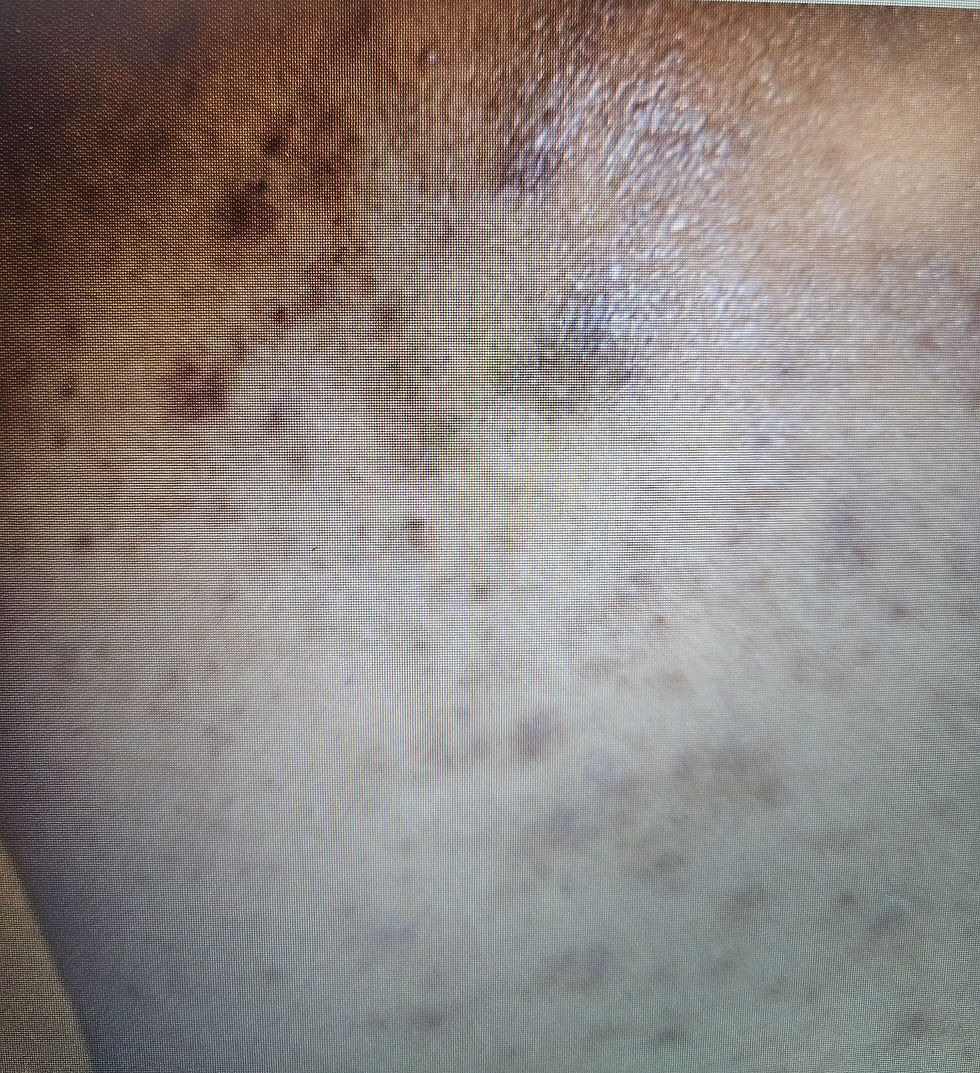Lasers And Acne
- Revive Laser Studio

- May 2, 2025
- 2 min read
How Laser Treatments Can Help with Acne
If you're struggling with acne, you’re not alone — and lasers might be a tool you haven't considered yet.
At Revive, we use the Hollywood Spectra laser to help treat both active acne and the skin damage it can leave behind.
How It Works
Laser energy penetrates the skin to:
Reduce inflammation around active breakouts
Target overactive oil glands (one of the root causes of acne)
Kill acne-causing bacteria on the skin’s surface
Stimulate collagen production to heal post-acne scarring and refine texture
By treating both the symptoms and the underlying causes, laser therapy offers a more complete approach to clearer skin.
What to Expect
Laser acne treatments are non-invasive and typically involve little to no downtime.Most people start seeing improvement over a series of sessions as inflammation reduces, breakouts calm, and the skin begins to rebuild itself.
The Takeaway
While no treatment can promise instant results, lasers can be an important part of a longer-term plan for clearer, healthier skin — especially when combined with a good skincare routine.
Laser Acne Treatment: FAQ
Is laser treatment safe for all skin types? Yes — at Revive, we use the Hollywood Spectra laser, which is safe and customizable for a wide range of skin tones and types. Your treatment plan is always personalized to your skin’s needs.
Does laser acne treatment hurt? Most people describe it as a mild snapping sensation or light warmth. It's very tolerable, and numbing cream isn't usually needed for acne treatments.
How many sessions will I need? Everyone’s skin responds differently, but most people start seeing improvement after 3 to 5 sessions, with the best results appearing after a full series. We'll map out a custom plan during your consultation.
Can laser treatments prevent future breakouts? Laser therapy can help reduce oil production and calm inflammation, which may lower the chances of future breakouts — but ongoing skincare is still important for long-term control.








Comments